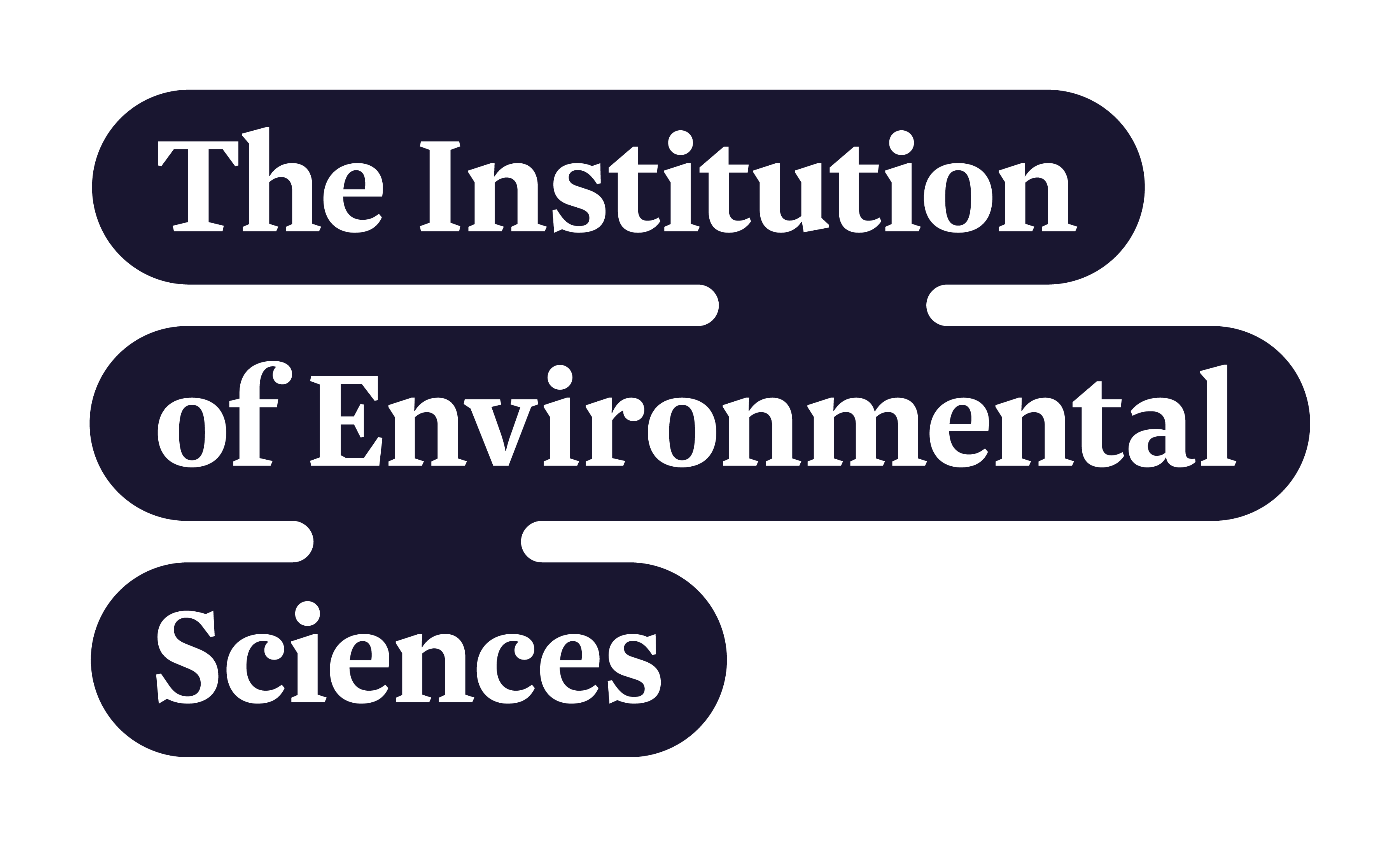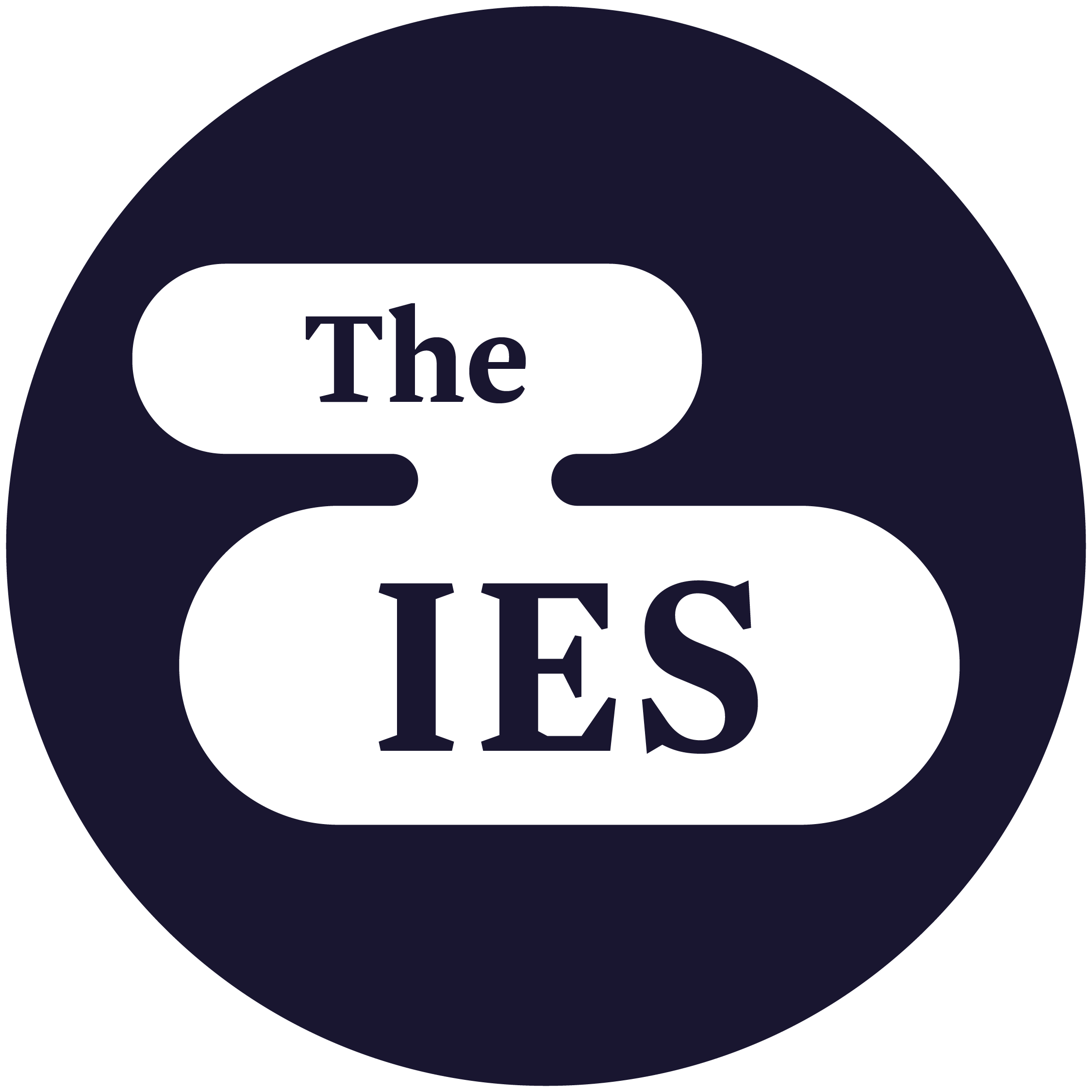A walk in the woods
To launch the first 2019 issue of the environmental SCIENTIST, Right Tree • Right Place, we joined contributing author and Director of the Chiltern Woodlands Project, John Morris, on Piggotts Hill near High Wycombe. John led a small group of environmental scientists and nature enthusiasts on a guided tour through the depths of the ancient woodland described in his article, Edible dormice, bodgers and lasers: Ancient woodland in the Chilterns.
We met John in a barn at the end of an unmarked road for a cup of tea before setting off on our journey through the trees. Drawing on the history of the woodland, its previous uses and management techniques, John showed our small group around the ancient woods and, using lidar imaging and historic maps of the area, told the story of this small area in the Chilterns through the marks left on the ground and in the canopy above.
Picking up on the species present, the banks that divided the woods and circular pits that looked almost like impact craters, we learnt about logging techniques, the effect of the plague and current woodland management techniques. From the impacts of squirrels stripping bark which leads to weakened stems and trunks, to the infestation of holly which causes the deterioration of undergrowth across the woods, John answered all the questions on disease, pests and forest management that we could come up with.
IES members can now view the full journal online. Not a member of the IES? John's article is available to read on the analysis blog here and the full journal will be made available through open access shortly.
 |


